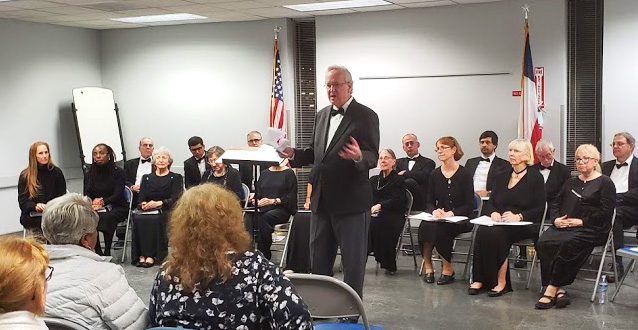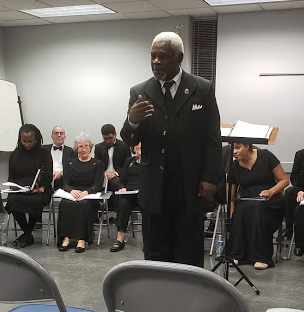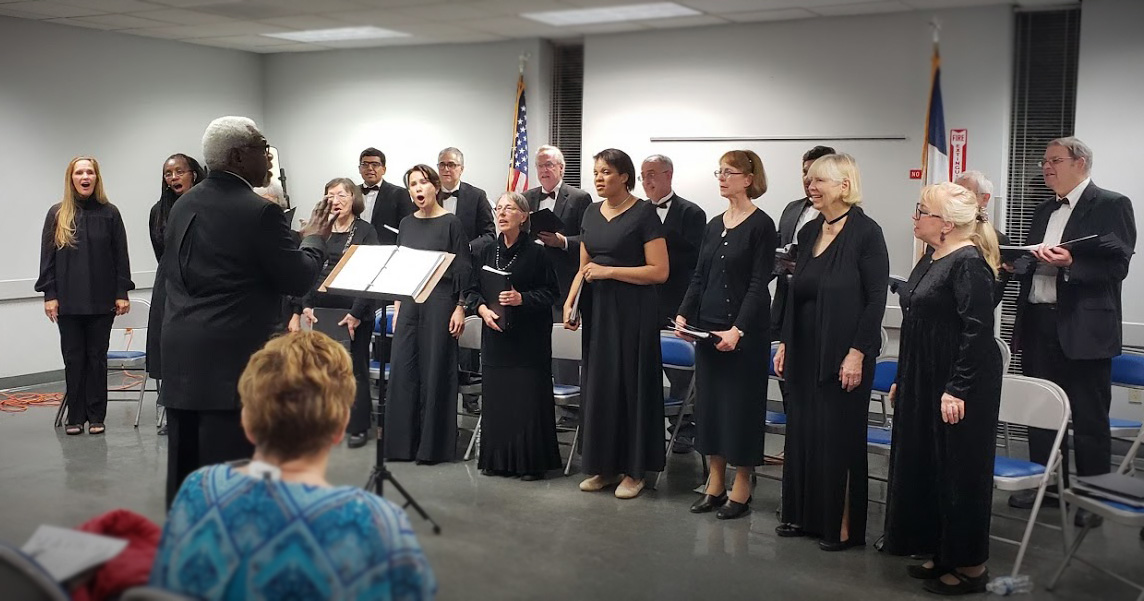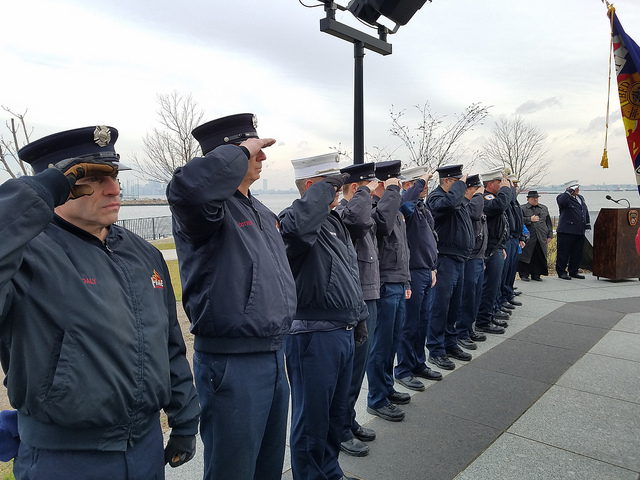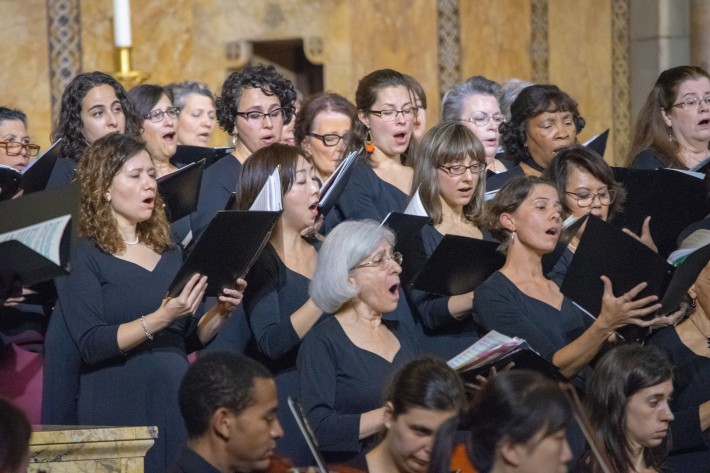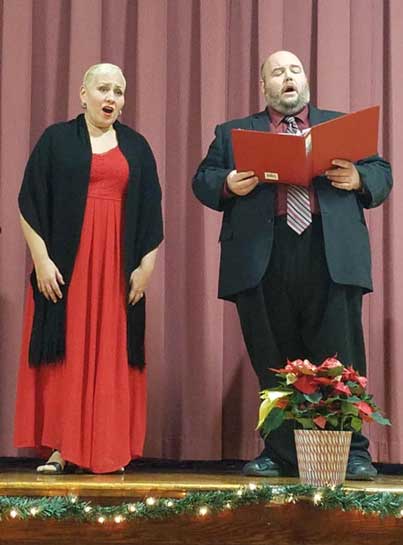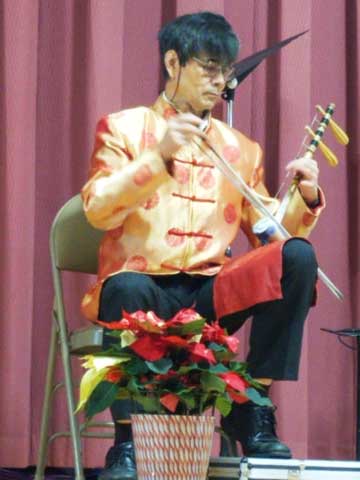The Schiller Institute held the first U.S. national conference in over fifteen years on President’s Day weekend, yielding a tremendous success in respects to the quality of presentations and the participation by supporters around the world attending the conference. The conference, now presented in full below, conveys a truthful and optimistic view of the potential for mankind as a whole to overcome the crisis facing the world as the previously reigning, now dying, British Empire fights for its survival against the new world order taking hold in the vision of Lyndon and Helga Zepp-LaRouche.
Panel I — Let Us Create a New, More Human Epoch for Mankind
Lyndon LaRouche Speaks: A Talent Well Spent
Jacques Cheminade, President of Solidarité & Progrès, The coming world of Lyndon LaRouche
John Gong, Professor of Economics at the University of International Business and Economics, Beijing, Chinese Investment and American Infrastructure under the new Sino-US relations
H.E. Ambassador Vassily A. Nebenzia, Ambassador and Permanent Representative of the Russian Federation to the United Nations, Presented by Counsellor Theodore Strzhizhovskiy, Mission of The Russian Federation to the UN, Prospects for East-West Collaboration: The Russian Federation’s View (transcript)
William Binney, Former Technical Director, NSA
Jason Ross, Schiller Institute co-author “Extending the New Silk Road to West Asia and Africa”, The Urgent Need for a New Paradigm in Africa
Dennis Small, EIR Ibero-America Editor, Justice for the World: Why Donald Trump Must Exonerate Lyndon LaRouche Now
Panel II — The Aesthetic Education of Man for the Beauty of the Mind and Soul
Schiller Institute combined chorus:
Benjamin Lylloff, arr: “Mo Li Hua” (“Jasmine Flower”)
Benjamin Lylloff, director
H.T. Burleigh, arr: “Deep River”
William L. Dawson, arr: “Ev’ry Time I Feel the Spirit”
Diane Sare, director
Megan Beets, LaRouchePAC Scientific Research Team, “Artistic and Moral Beauty“
Bruce Director, Secretary-Treasurer, US Schiller Institute
“On LaRouche’s concept of significance of Art for Science and Science for Art”
Diane Sare, Managing Director of the Schiller Institute NYC Chorus, “The Choral Principle”
Johannes Brahms: “Dem dunkeln Schoß der Heil’gen Erde”
(text from Schiller’s “Song of the Bell”)
Schiller Institute Chorus
John Sigerson, director
Johann Sebastian Bach: Brandenburg Concerto No. 5 in D Major, BWV 1050
I. Allegro
Schiller Institute Orchestra
John Sigerson, director
Soloists: Gregor Kitzis, violin; Laura Thompson, flute; My-Hoa Steger, piano
Ludwig van Beethoven: Choral Fantasia, Op. 80
Schiller Institute Orchestra, Chorus, and Soloists
John Sigerson, director
My-Hoa Steger, piano
Q&A Session
Panel III — The Frontiers of Science
Yuting Zhou, piano, Johannes Brahms: Rhapsody, Op. 79, No. 1 in B minor
Kesha Rogers, LaRouchePAC Policy Committee, Former candidate for U.S. Congress, The Frontier of Space: Fulfilling Mankind’s Destiny as Man in the Universe
Thomas Wysmuller, Founding member of The Right Climate Stuff, What NASA has Done and Where NASA is Going
Larry Bell, Founder, Sasakawa International Center for Space Architecture, College of Engineering, University of Houston, What Makes People Exceptional
Benjamin Deniston, LaRouchePAC Scientific Research Team, LaRouche’s Strategic Defense of Earth
Hal BH Cooper, Jr. PhD PE, Infrastructure needs for the Rail, Energy and Water Systems to Promote Future Economic Development of Africa










